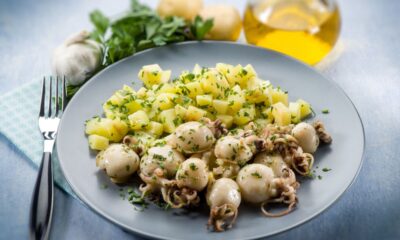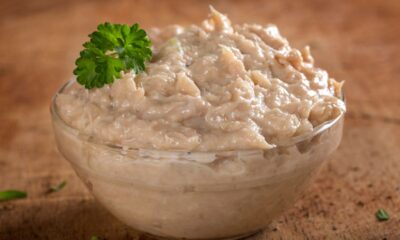Food
Organic food: because eating organic shouldn’t be just a fad

What is organic food and how does it work? Let's see why eating organic shouldn't be a trend, but a lifestyle.
Organic food cannot and must not be a fad. It's about a healthy lifestyle , which is not only good for the entire human body, but also for the earth we inhabit. Let's see what it means to bring organic food to the table, how it works and what certifications we need to pay attention to.
What is meant by organic food?
When we speak of organic food we refer to all those products that do not contain traces of fertilizers and chemical fertilizers, including the meat of animals grown without antibiotics and hormones . It's been all the rage in recent years, but it's a simple throwback. On the other hand, many of our grandmothers lived on what the earth gave and took care of chickens, rabbits and pigs from birth until the end of their lives. Once upon a time, for example, pigs ate only and exclusively food scraps, what was left over for dinner or acorns.
Today, on the other hand, almost all feed on feed. The difference, of course, isn't just in the meat. Even vegetables, for example, are no longer as natural as they used to be. Leaving aside the fact that fruit and vegetables no longer follow the rhythm of the seasons and finish their ripening in cold rooms, chemical pesticides are used which are not good for the human body .
View this post on Instagram
Basically, the difference between organic food and traditional food is this: on the one hand we have a product in which the nutrients remain unchanged and on the other hand one that is poorer in nutrients and rich in potentially harmful substances. Organic fruit and vegetables, for example, contain higher quantities of antioxidants that are very useful for the body. Organic dairy products, on the other hand, are very rich in Omega 3 , a fundamental fat to be included in the diet. It goes without saying that a farmer or breeder who prefers organic farming does not have battery-powered production because it respects natural cycles, both animal and vegetable. As a result, their products will cost more than the others.
Organic food: pros and cons
As you may have easily guessed, organic nutrition has many pros and only one con : the higher price. Whether laying hens or beef cattle, aubergines or apples, the cost of products will never be the same as that of 'traditional' goods. The latter, in addition to the infinite cons, including environmental damage, has two pros: the price and the beauty. In fact, it may happen that an organic peach is not as beautiful as its counterpart from large retailers. This, however, is not a bad thing, but a symptom of authenticity .
Last clarification: an organic product must have certification issued by a body accredited by the European Union, according to regulation 834/2007, i.e. BioAgriCert, Icea, Bios, CCPB w Soil and Health.
Riproduzione riservata © - WT











